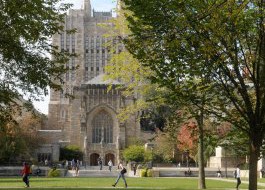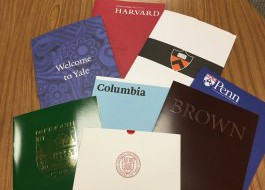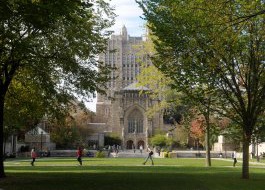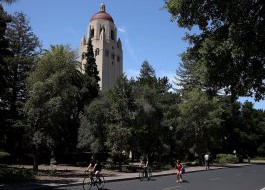 See-ming Lee 李思明 SML on flickr
See-ming Lee 李思明 SML on flickr
Princeton University may have an acceptance rate of just 6.5%, and Harvard 5.2%, but neither compares to the exclusivity of Yale-National University of Singapore.
Its acceptance rate: just 5% — 1.2 percentage points lower than Yale University in New Haven, Connecticut.
Yale-NUS is a joint university program between the New Haven, Connecticut school and NUS, which is located near the southern coast of the island. New data revealed in late April showed the school rejected 95% of applicants for the class of 2020.
Most major US universities have at least one satellite campus around the world. But only a few have opened totally free-standing locations, such as Duke-Kunshan University, located near the Chinese city of Suzhou, and NYU's locations in Abu Dhabi and Shanghai.
(NYU Abu Dhabi claims to have a 4% admission rate.)
The partnerships reflect a move among US universities to entice more international students into their mix. But some education experts have criticized the schools for sub-standard execution.
Critics of NYU Abu Dhabi, for example, have voiced safety concerns about the United Arab Emirates campus, though some students dispute the accusation.
Opponents of Yale-NUS, meanwhile, say the educational rigor doesn't meet expectations. A local Singaporean outlet reports that a small percentage of students have left the school since it opened in 2013, some having "felt the courses, in covering a broad range of subjects, did not go into their preferred level of depth."
In addition, the limits Singapore imposes on free speech haven't meshed well with the liberal-arts education Yale strives to offer, Quartz reports.
Foreign branches may be appealing if students want exclusivity, in other words, but the decision to sacrifice the familiar could be a risky one.
Correction: An earlier version of this article misstated which country imposes limits on free speech. It is Singapore, not China.




